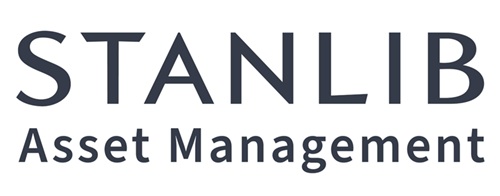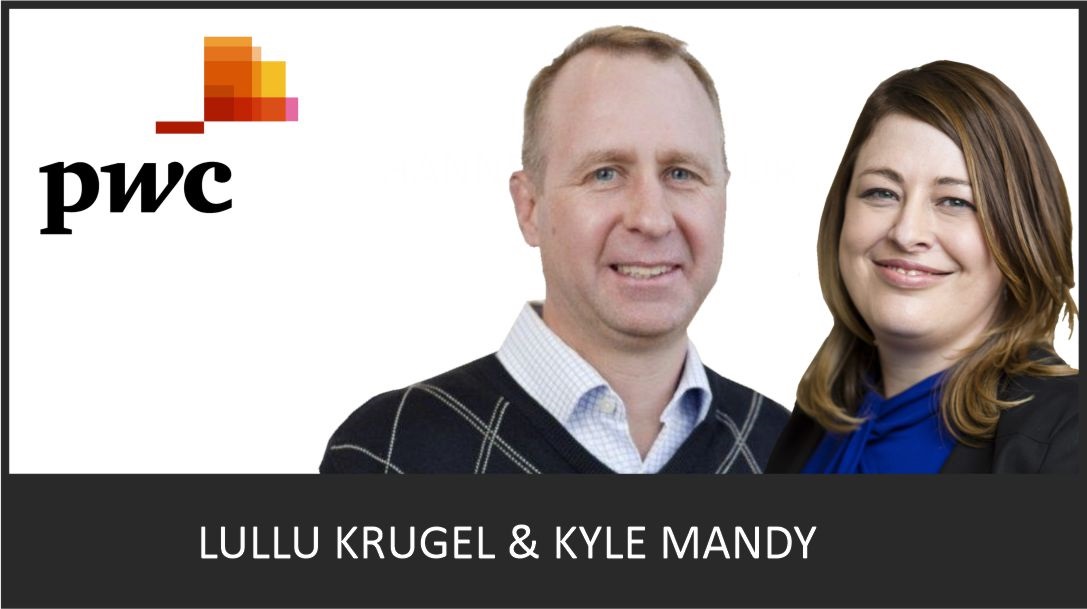Maarten Ackerman, Chief Economist at Citadel
Since United States (US) President, Donald Trump, took office on 20 January 2025, his unpredictable leadership style has caused domestic and global consternation and sent markets into a tailspin. With the US mid-term elections coming up in 2026, Maarten Ackerman, Chief Economist at Citadel, unpacks President Trump’s policies and looks at why the clock may be ticking on his current red sweep – a Republican presidency, Senate and House.
“President Trump’s presidency has already seen a flurry of tariffs, a military strike on Iran, a controversial tax reform bill and increasingly aggressive rhetoric on global trade,” says Ackerman. “But as disruptive as his policies are, it’s not just US politics that South African (SA) investors need to watch; it’s our own economy’s ability to respond too.”
Global volatility still drives local risk
In his first 100 days, President Trump announced sweeping tariff hikes, triggering fears of a global recession. Markets reeled and risk aversion saw investors fleeing to safe-haven assets.
“While the global outlook has improved somewhat since April, markets are recalibrating,” says Ackerman. “Institutions like the International Monetary Fund (IMF) and World Bank have revised growth projections down but no longer anticipate a full-blown recession. That said, President Trump’s protectionist agenda continues to weigh on the US economy. In fact, the Organisation for Economic Co-operation and Development (OECD) has slashed its US growth forecast by 80 basis points, more than for any other economy. President Trump is however not accepting a drop in domestic economic figures and has launched a purge of officials he accuses of data interference. Questions over the reliability of official figures cause problems for an array of decision-makers, from policymakers to banks and investment institutions.”
The US Federal Reserve (Fed) is also facing a difficult balancing act – and political opposition. “Even if the Fed wanted to cut rates to support growth, inflationary pressures from tariffs complicate their response. They are also facing a fair amount of criticism from President Trump. We expect this policy uncertainty to persist for another 12 to 18 months.”
SA must prioritise investment and reform
Against this backdrop, Ackerman argues that SA cannot afford complacency. “President Trump may be volatile, but he’s not SA’s biggest problem,” he says. “We’re facing deep-seated structural challenges that require urgent reform, particularly around investment attractiveness.”
Ackerman notes that domestic investment, both public and private, ranks well below emerging market peers. “SA’s fixed investment has dropped from 22% of gross domestic product (GDP) in 2008 to around 13% today, while countries like India and South Korea are north of 20%. Without investment, we simply cannot build capacity for sustainable growth.”
Another obstacle is a lack of business-friendly policies. A recent OECD study placed SA at the bottom among emerging markets for ease of doing business, thanks to burdensome regulation, policy uncertainty and persistent infrastructure bottlenecks.
The GNU must hold and deliver
“There’s no time to waste,” says Ackerman. “The Government of National Unity (GNU) must move beyond internal disagreements and drive coherent, investor-friendly policies.” He cautions that the failure to table a unified budget earlier this year has already shaken confidence.
At the same time, Ackerman acknowledges green shoots: “The budget shows greater openness to private sector involvement. Corporate SA is sitting on record cash reserves. If the government accelerates reform around electricity, rail, ports and visa regimes, the private sector will respond positively.”
Trade diplomacy matters but SA must remain pragmatic
“While SA President Cyril Ramaphosa’s meeting with President Trump at the White House was a major step in fixing SA’s relationship with the US, in the current global environment, it is important that SA continues to build relationships with other trading partners across the world. What we hope comes out of the meeting with President Trump is that it encourages the US to participate in the G20 later in the year. The G20 summit is a huge opportunity for SA to showcase the country to foreign investors,” says Ackerman.
Growth remains constrained, for now
Citadel’s current outlook sees SA’s economic growth staying below 1% over the next 12 to 18 months. “The agricultural sector, which accounts for just 3% of GDP, has been the surprise star,” says Ackerman. “But we can’t rely on that alone. For meaningful, inclusive growth, we need mining, construction and manufacturing to rebound and that won’t happen without real reform.”
Wrapping up
“In this environment of global unpredictability and local fragility, our job as wealth managers is clear: protect capital through disciplined risk management and seize opportunity when the dust settles,” concludes Ackerman. “The global economy may be slowing, but we see signs of a new equilibrium emerging. For SA, the question is whether we can do the work required to position ourselves to benefit.”
ENDS




















































































